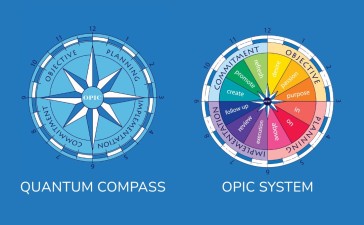Businesses are more reliant on digital technology than ever before. When this technology fails, it can bring production to a standstill. Fortunately, most tech disasters are avoidable. Here are just some of the most common tech disasters and how you can prevent them.
Power outages
A power cut could prevent you from being able to use any machinery – which could include office computers, POS systems or manufacturing machinery. It could even stop security systems or fire safety systems from working.
Power outages occur for numerous reasons, many of which are out of our control. The best way to prevent them is to install a backup generator on-site that you can switch to in event of an external power source not working. If you experience a power cut as a result of damaged on-site electrics (most likely as a result of a storm or natural disaster), it could be worth hiring level 2 electrical contractors to fix the problem as soon as possible. If work is done via computers and all data is stored on the cloud, you may be able to get employees to work from home while the repairs are being made to ensure continuity.
Internet connection loss
If internet connection cuts out, it could also stop you from being able to conduct business. You may not be able to accept payments or even make phone calls if you use a VoIP system.
By choosing a reliable business internet provider, you can reduce the risk of connection problems. Make sure to replace old routers in a timely manner and try to limit conflicting internet connections.
Hardware failure
The business could also come to a stop if important hardware stops working. Hardware can break for all manner of reasons – in most cases, it’s the result of slow and preventable damage.
By maintaining and servicing your machinery, you can stop it from breaking prematurely. Almost all hardware will fail eventually – it’s worth considering the average life of machinery and scheduling replacements when the machinery comes to the end of its life. In some cases, you may also be able to invest in spare machinery (such as a spare computer in an office in case one breaks).
Software failure
Your business may also rely heavily on specific software. If this software develops bugs, it could stop your business operating – especially the software is needed to process payments or access customer records.
The software can become slow and corrupted over time. It’s important to make sure that software is regularly updated and that any unsupported software is replaced with newer software.
Cyberattacks
Cyberattacks can take many different forms. The most serious types of cyberattack involve viruses that can slow down computer performance, lock features or even hold data ransom. Money may be extorted from you or your reputation could be damaged, all of which can be extremely costly.
By investing in the best digital security that you can buy, you can prevent cyberattacks from occurring. The likes of managed IT services can be great for small-to-medium-sized businesses. Backing up all data can also be a good last defence against cyberattacks – if data is encrypted by hackers, you can simply rely on your backed-up data.





